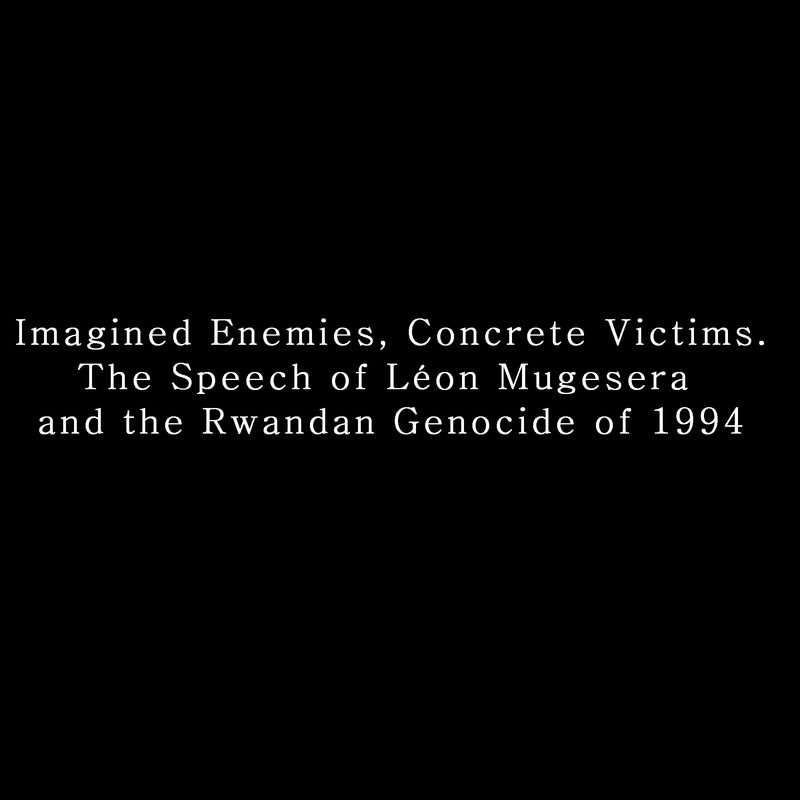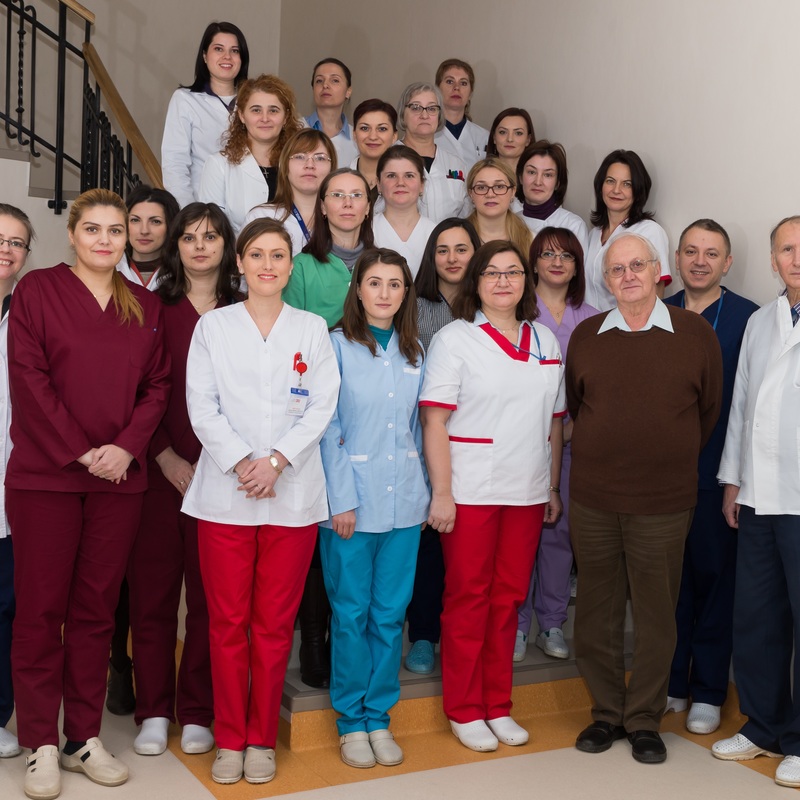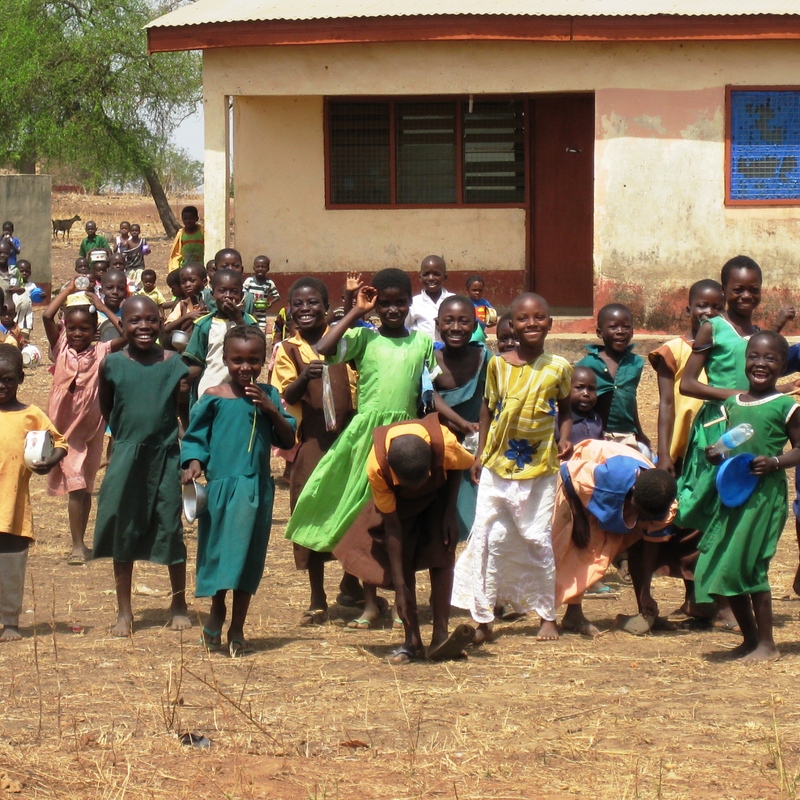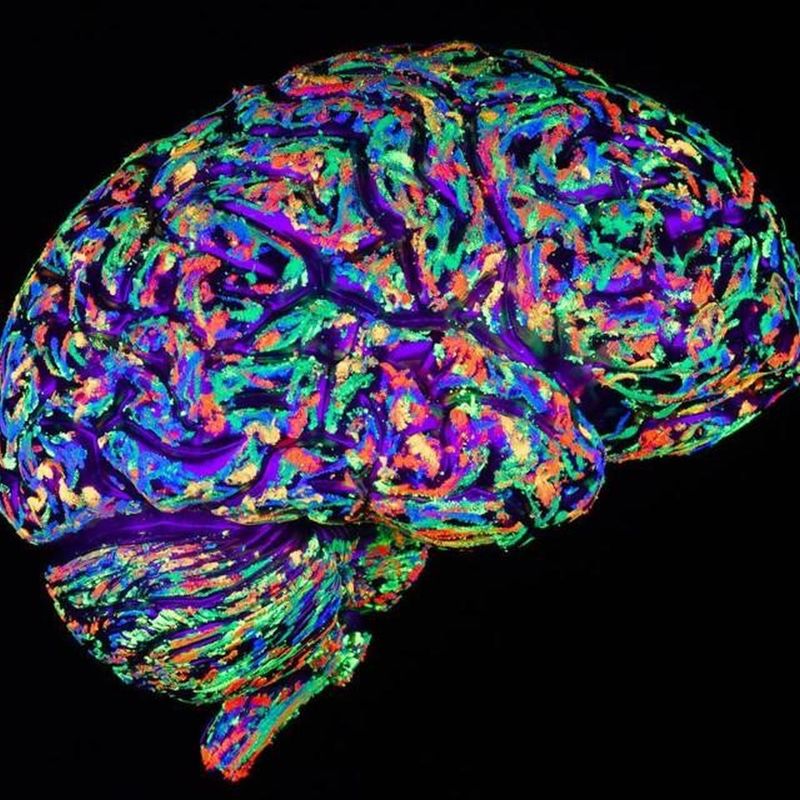Search
Celebrating 10 years of IMBS
DOI: 10.17160/josha.5.3.405
In this special occasion, we will be celebrating the 10° Anniversary of the IMBS! Scientists and leaders from academic, clinical and research organizations have been invited to share the latest discoveries in biomedicine and public health research aiming to improve the patient's care and health of individuals and the community. This exciting Scientific Program will include some of the latest developments and approaches in specific areas of Cellular & Molecular Biology, Cardiology, Neurology, Oncology Our Congress will also provide a great opportunity for IMBS and Ph.D. students and young scientists to display their work at the poster session where the three most outstanding presentations will be awarded. We look forward to sharing this event with you in Buenos Aires. Application deadline: 30th of June 2018. Admission requirements: Min. Bachelor Degree and at least one year of professional experience in relevant fields and/or in relevant countries.
Editorial of Volume 5, Issue 2
DOI: 10.17160/josha.5.2.402
With this editorial, we are closing the second issue of 2018 with eleven titles including multidisciplinary articles covering interesting aspects of medicine, music, literature and more in 11 articles from Colombian, Kosovo, Italy, Saudi Arabian, Germany, and Romanian. We are proud to end this issue giving our readers the new possibility to write in Arabic. The Editorial board and everybody at JOSHA would like to thank our readers and authors for supporting this wonderful project and for making the first three months of 2018 successful for JOSHA. Photo on the cover: Biblioteca de la Real Academia Española.
Building Rating System: Kosovar imperative in sustainable context
DOI: 10.17160/josha.5.2.387
The purpose of this paper is to identify and establish an understanding for the importance of Building Rating System (BRS) and insights of a detailed survey of the building’s specifications in compliance literally stated in requirements of Construction Industry Law in Kosovo. BRS will be used as a comprehensive tool to deliver a report to the respective governmental institution and property developer. As an important part of the sustainable construction delivery system, sustainable BRS plays an essential role in implementing the sustainable principles into the construction industry and assessing the building’s rating. The research adopts comprehensive literature reviews from numerous published sources, as journals, government reports, published thesis and website document focusing study on BRS contributions.
Editorial of Volume 5, Issue 1
DOI: 10.17160/josha.5.2.385
This issue has is again very multidisciplinary: medicine, music, socials sciences, children’s books and as our Demetrios project come together to create a very interesting issue. We added new features, a more informative design to allow our readers a more pleasant, productive, and easy access to the contents of JOSHA Journal and Demetrios Books. As a multilingual platform and with the goal of allowing our worldwide readers an easier access to their language of preference, JOSHA included the "Select language to filter search" option. With this new feature, it will be possible to sort all the content in JOSHA by language.
Imagined Enemies, Concrete Victims. The Speech of Léon Mugesera and the Rwandan Genocide of 1994
DOI: 10.17160/josha.5.1.382
The case that will be analysed is the speech delivered by the political figure Léon Mugesera in November 1992, linked to the Rwandan genocide of 1994. Through his words, it is possible to trace some of the main narratives that primed the ground for the genocide. They are an example of the processes through which a clear enemy, the Tutsi, have been imagined and defined prior to and during the outbreak of 1994 large-scale violence. The first aim of this paper is therefore to understand how modern state-level forces in Rwanda operated to generate narratives that strengthened ethnic affiliations in the eve of the genocide. The second aim is to investigate to what extent the genocidal violence was the product of relentless propaganda, unfounded rumours, prejudices and of collective memory.
TRANSCEND a new Translational Medicine hub at the east edge of European Union.
DOI: 10.17160/josha.5.1.376
The functional concept of TRANSCEND is equally in favor of independent continuation and subsistence of each unit through dedicated projects and financial capital as well as comprehensive projects that fit into place all units of the center for the design of a biomarker with diagnostic value and ultimately linked to the application of a specific and tailored therapy. Pairing Diagnostics with Therapeutics is currently framed under the notion of theranostic. TRANSCEND will promote this convention implying that drugs must be paired with diagnostic biomarkers to enable the right drug to be selected for the right patient at the right time. Central to the integration in such a scheme, which aspire to diagnose, deliver targeted therapy and monitor the response to therapy, is the growth of units of proteomics, bioinformatics and isotopic tracer production for developing a translational biomarker repertoire and a functionally interpretable systems medicine.
DISTRIBUTED LEADERSHIP AN INSTRUMENT FOR SCHOOL IMPROVEMENT: THE STUDY OF PUBLIC SENIOR HIGH SCHOOLS IN GHANA
DOI: 10.17160/josha.5.1.374
The purpose of the study was to investigate the influence of distributed leadership in Public Senior High Schools (SHS) with regard to school improvement. Using the Explanatory Sequential Mixed-Method design, 92 teachers and 4 head masters and 4 assistant head masters were randomly and census sampled. Three research questions were formulated and were analysed using simple percentages, mean and constant comparative thematic approach. The study revealed that generally head and assistant head masters and teachers recognize the practice of distributed leadership style in the SHS, that is they perceive distributed leadership as a shared leadership where everyone is considered as a leader and given leadership opportunities. The findings further revealed that traditional and rigid leadership structure, lack of shared responsibility amongst teachers, leaders fear to involve teachers were the dominant challenges of distributed leadership in the study area.
Editorial of Volume 4, Issue 6 (2017)
DOI: 10.17160/josha.4.6.371
We presented our new feature and new sections design to allow our readers a more pleasant, productive, and easy access to the content of JOSHA Journal and Demetrios Books. As a multilingual platform and with the goal of allowing our worldwide readers an easier access to their language of preference, JOSHA included the "Select language to filter search" option. With this new feature, it will be possible to sort all the content in JOSHA by language. Additionally, we introduced new sections on our webpage, JOSHA Performing arts, music, DEMETRIOS Textbooks, DEMETRIOS Children's Books and DEMETRIOS Literary books.
Photography and the Visual Brain
DOI: 10.17160/josha.4.6.369
Photography has the aim to provide knowledge about the world we live in seizing from the continually changing information one unique moment which expresses the reality (of the artist). Also the brain must discount a great deal of the information which is not essential to its aim of representing the true character of objects. OBJECTIVE: This essay describes the pathways of the brain preceding a camera shot, from the external sensory stimulus, to the elaboration in the neocortex, and finally to the response in the motor action represented by the “click”. The focus is on the visual brain; we will see how it is characterized by a set of parallel processing of perceptual stimuli as well as temporal hierarchical awareness of perception. We will also briefly describe how the elaboration of the external stimulus is transferred into motor action, which in the case of photography is able to capture the essential feature of a specific reality in a fraction of a second.
Language Feature and New Sections in JOSHA
DOI: 10.17160/josha.4.6.366
JOSHA keeps improving to allow our readers a more pleasant, productive and easy access to the multidisciplinary papers and books of JOSHA Journal and Demetrios Books covering all aspects of human creativity and discovery with a global perspective. As a multilingual platform and with the goal of allowing our worldwide readers an easier access to their language of preference, beginning in December 2017 JOSHA included the "Select language to filter search" option. With this new feature, it will be possible to sort all the content in JOSHA by language.During the submission process, it is now required to select the language the article is written on. Additionally, Due to the great reception of JOSHA and in response to the needs of our authors and readers we introduce new sections on our webpage, JOSHA Performing arts, music, DEMETRIOS Textbooks, DEMETRIOS Children's Books and DEMETRIOS Literary books.
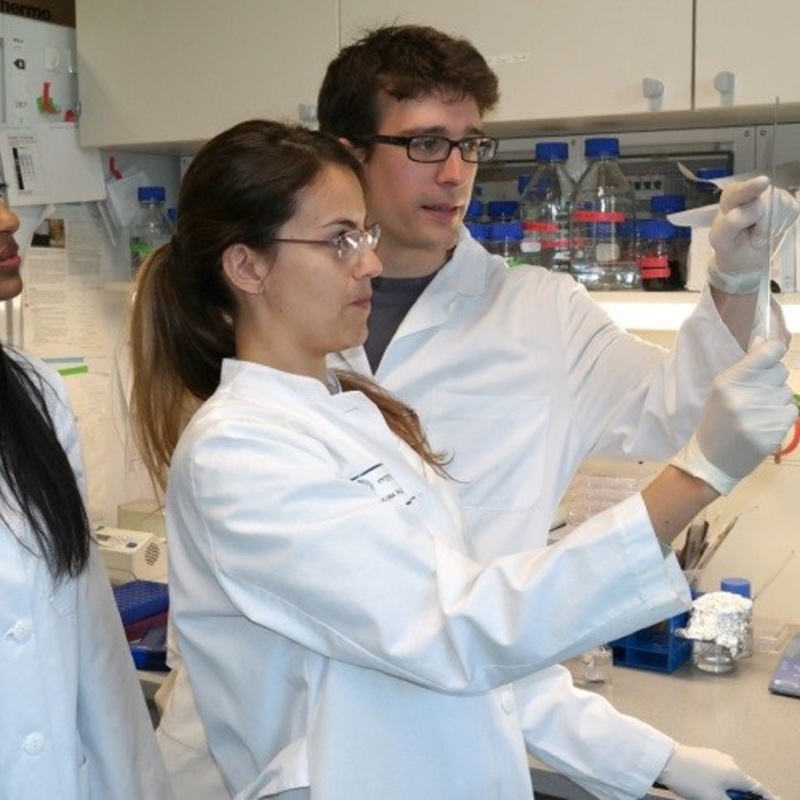
.jpg?1521825637)

.jpg?1518550915)
